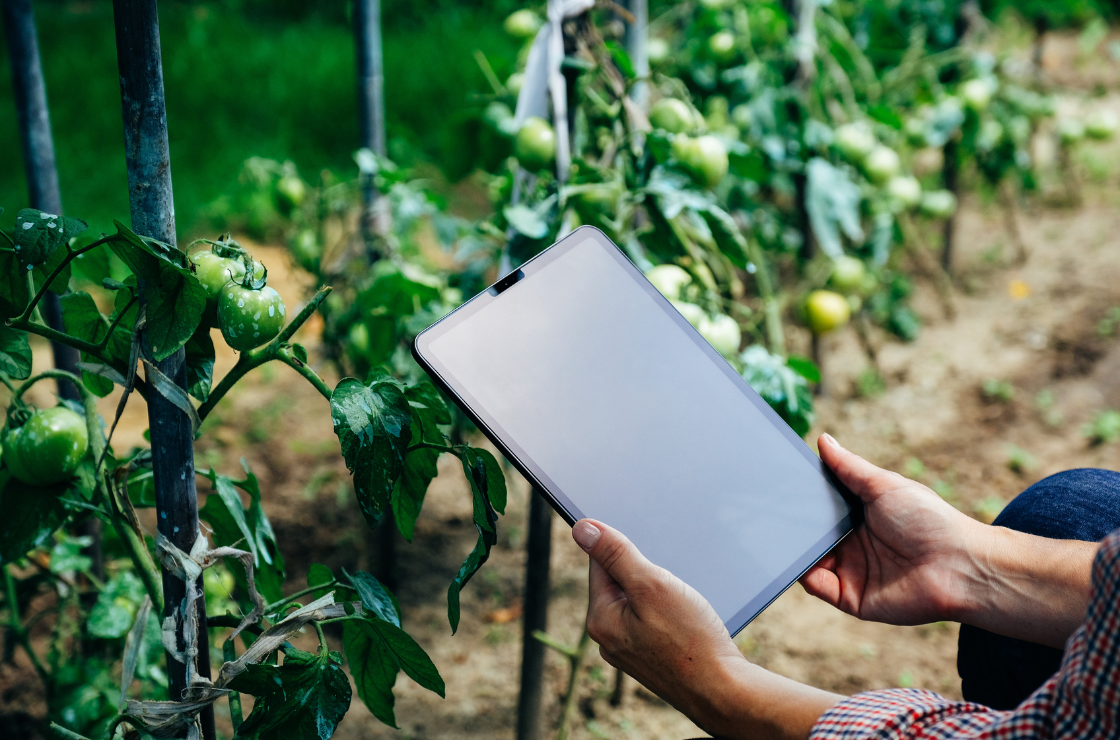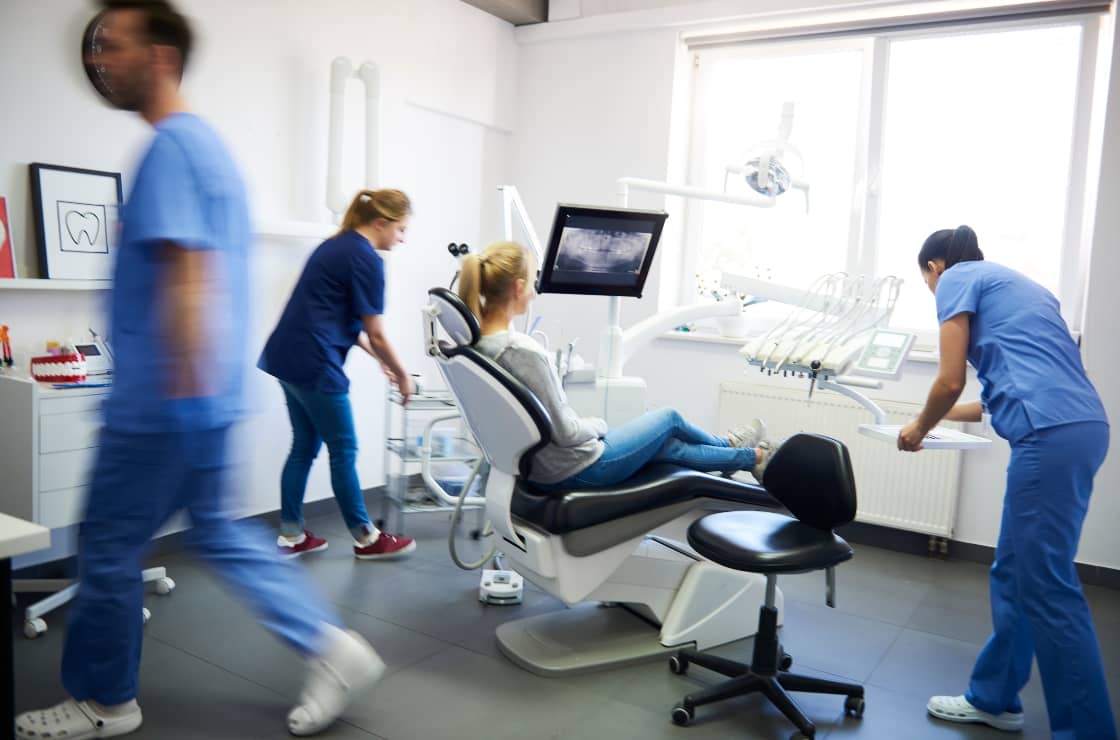The Benefits of Outsourcing IT in Agriculture

You may not typically associate the agriculture industry with technology, but modern tech has become indispensable in this sector. Like any other company, IT can help agribusinesses lower costs, enhance production efficiency, and save time. This article examines how outsourcing IT and emerging technology can create new opportunities for those in the agricultural field.
Benefits of Outsourcing Your IT
Even if an agribusiness may not have an office full of computers, it will still need IT support. Hiring a full-time technology professional can be expensive when every dollar matters, so outsourcing your IT is an effective and efficient way to help you function optimally. With outsourcing, you have access to a team of experienced professionals that can help you spot and mitigate potential risks, offer recommendations to automate processes, and implement ways to help your business thrive.
Software Consulting and Automation Advantages
An outsourced IT provider can analyze your current tech stack and translate your needs into real, impactful solutions. Here are a few examples of ways modern software can benefit the agriculture industry.
1. Remote Management
Through an app or web browser, you can monitor various conditions on your farm, such as irrigation, livestock housing, and material handling.
Drones provide aerial imaging so you can monitor field conditions from anywhere. Remote devices bring crucial information to your fingertips so you can handle time-sensitive issues when they occur, enabling a higher crop yield while saving on labor costs.
2. Automation
Industrial automation technology involves using robotics to resolve labor shortage issues. By using self-driving equipment, you need fewer people operating the machines. Today's equipment performs a wide range of automated tasks, from precision field seeding and fertilizing to herbicide spraying and cattle feeding.
3. Precision Agriculture
By adopting precision agriculture, farmers incorporate GPS with other technological tools to gather data on soil and crops. The technology optimizes resources like fertilizer and water needed in specific conditions. Farmers can evaluate and respond to a wide range of factors like crop growth and moisture levels through various applications.
In large-scale farming, every input counts, so precision matters. Farmers can achieve higher yields with enhanced soil health, less environmental impact, and more efficient allocation of resources. You can avoid over-fertilizing the fields by monitoring the soil's health, thereby cutting costs and diseases during production.
Importance of Data Analytics
Data can be your most valuable asset. By utilizing information farmers already have, they can apply data analytics techniques to recognize patterns and trends and use that information to ultimately drive growth.
For example, by using special sensors, you can monitor the nitrogen and moisture levels of the soil. This data can be tracked and visualized by using a custom dashboard. You can then generate reports, determine which areas consistently need attention, and alter your practices to achieve optimal growing conditions.
As the agriculture field continues to evolve, technology will play an increasingly important role in helping farmers and agribusinesses to stay competitive. Contact us to learn more about our tech services in the agriculture industry.

- Achiever, Relator, Competition, Positivity, Arranger
Neil Wardyn
Neil Wardyn, Business Development Director, began his career in 2000. With more than two decades of experience in the technology industry, he brings a strong technical foundation and a deep understanding of client needs to his role at Lutz.
Managing client relationships and leading new business development efforts, Neil acts as a strategic partner to organizations navigating technology decisions. He takes pride in helping clients solve complex challenges and uncover opportunities for long-term improvement. Neil is known for his integrity, attentiveness, and commitment to delivering solutions that truly make a difference.
At Lutz, Neil combines his natural drive with a people-first approach, fostering trusted connections across the firm and the community. His upbeat outlook, thoughtful listening, and instinct for practical problem-solving make him a go-to resource for both clients and colleagues.
Neil lives in Grand Island, NE, with his wife, Courteney, and their children, Sydnee, Krae, Brody, and Brooklyn. Outside the office, his kids’ sporting events keep him busy, but he plays golf when he can.
Recent News & Insights
Recruiting medical talent? Know the Tax Implications of Modern Compensation Packages
How Stay Interviews Help Retain High Performers
The Importance of Hiring an M&A Team
Treasury Management: Strategies to Improve Financial Stability & Growth



.jpg?width=300&height=175&name=Mega%20Menu%20Image%20(1).jpg)
%20(1).jpg?width=300&height=175&name=Mega%20Menu%20Image%20(2)%20(1).jpg)
%20(1)-Mar-08-2024-09-27-14-7268-PM.jpg?width=300&height=175&name=Untitled%20design%20(6)%20(1)-Mar-08-2024-09-27-14-7268-PM.jpg)

%20(1)-Mar-08-2024-09-11-30-0067-PM.jpg?width=300&height=175&name=Untitled%20design%20(3)%20(1)-Mar-08-2024-09-11-30-0067-PM.jpg)
%20(1).jpg?width=300&height=175&name=Mega%20Menu%20Image%20(3)%20(1).jpg)
%20(1).jpg?width=300&height=175&name=Mega%20Menu%20Image%20(4)%20(1).jpg)
%20(1).jpg?width=300&height=175&name=Mega%20Menu%20Image%20(5)%20(1).jpg)
-Mar-08-2024-08-50-35-9527-PM.png?width=300&height=175&name=Untitled%20design%20(1)-Mar-08-2024-08-50-35-9527-PM.png)


.jpg)




